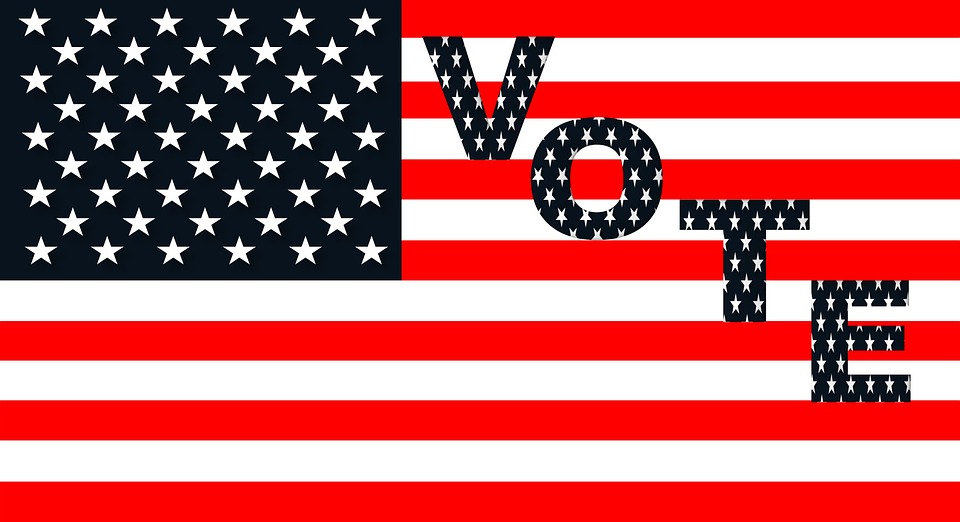 Published: 06.04.2020, 23:16
Published: 06.04.2020, 23:16 5 min read
5 min readOn March 18th, 2020, the UK Gambling Commission (UKGC) released an information notice containing guidance on how operators can protect consumers during the COVID-19 pandemic. We’ll walk you through this article step-by-step so that no confusion remains.
First, the UKGC acknowledged the impact that COVID-19 has been having on everybody’s day-to-day life within Great Britain. Because of the guidelines set out by Public Health England (PHE), the commission mandated that all staff must work from home for the time being.
PHE’s latest guidance for businesses and employers includes:
- whenever possible, encourage employees to work from home;
- send home anybody who has developed a cough or a fever;
- make sure the staff washes their hands more frequently;
- increase sanitation frequency.
The PHE also elaborated on which businesses have been ordered to close their doors. These include dine-in restaurants (delivery and takeaway may continue operations), salons, libraries, churches, arcades, and more. Most relevant to the UKGC, all bingo halls, betting shops, and casinos were also ordered to suspend operations.
The UKGC next recognized the fact that such unprecedented events will have a negative economic impact on businesses and many people’s livelihoods will be threatened. However, the organization ensured readers that it has a detailed Business Continuity Plan, which should, hopefully, minimize some of the effects. Business Continuity Plans are developed in order to help businesses cope with a crisis or emergency. Ideally, such a plan should lay the foundation for a swift and painless return to normal operations after the crisis has subsided.
Next, UKGC touched on the fact that it has been receiving many help requests from operators and license holders due to their businesses’ unprecedented challenges. The Gambling Commission did not give much information during this part of the notice, but they did acknowledge that, during such times, risks will be increased and they should strive to protect consumers.
The organization then included a reminder to all licensees that they should follow Public Health guidance carefully, and make sure to take note of which measures are relevant to their business. If a facility offers gambling services, the licensee should make sure that they are maintaining LCCP (License Conditions and Codes of Practice) compliance.
The LCCP is a collection of regulations that operators must adhere to in order to retain their licenses. These regulations are allowed to be amended to account for developments within the gambling industry.
The UKGC then gave a reminder that was directed at online operators. It first touched on how social distancing regulations will keep more people at home, which means they may have more time to spend at online venues. Regardless of the potential uptick in business, licensees must continue to act with integrity. Here are some of the organization’s expectations for online operators:
- Assess affordability. Because of the nature of this public health crisis, many customers may end up having disruptions to their livelihood. Operators should take steps to ensure that customers are not spending more than they can afford.
- Increase social responsibility measures. Operators should take steps to identify when a customer is showing they may have an addiction or are being harmed by gambling. The licensee should have intervention measures in place for if such an instance arises. In addition to this, operators must not exploit the coronavirus in order to market and attract visitors to their online venue.
- Ensure that gambling products have been tested.
- Regularly refresh and review customer information.
- Continue to implement measures to combat money laundering.
After outlining these expectations, the UKGC provided a link to a letter written on March 25th by Neil McArthur, the Chief Executive of the Commission. This letter was directed to online operators, and it essentially outlined the importance of protecting consumers from being harmed by gambling addiction while social distancing is being implemented. McArthur emphasized the importance of responsible marketing and complying with codes of practice. He also mentioned that the commission will be monitoring online operators and will immediately step in if one is showing any predatory behaviors.
Moving back to the information release, the UKGC next discussed licensee fees and applications. The commission explained that fees cannot be reduced during this health crisis, nor can the fees be paid in installments. If an annual fee is due, licensees must pay it or else their license will be revoked. Similarly, personal license holders must pay their maintenance fee or else face license revokement.
The organization mentioned that they are using email to send invoices, rather than mailing out physical copies. Due to this, licensees must make sure that the UKGC has an up-to-date email address on record.
If the case arises that a licensee believes their gross gambling yield will significantly deteriorate, they may fill out an application to try to reduce their fee category.
If a venue predicts that there will be no trades at all in their business due to the public health crisis, they may choose to surrender their license. If this is the case, they won’t have to pay the annual fee. In the future, the licensee may choose to apply for a license once more. In this case, they must pay an application fee in addition to the first annual fee within 30 days of obtaining the license.
The commission urged licensees to surrender their licenses if they find themselves unable to make the annual payment. It is much better, in the long run, to surrender the license, rather than have the Commission revoke it.
The UKGC touched on one final thing in this information notice: they are not able to fast track applications. All applications must be made online if possible. If not possible, then the documents should be emailed to the organization, rather than mailed.











